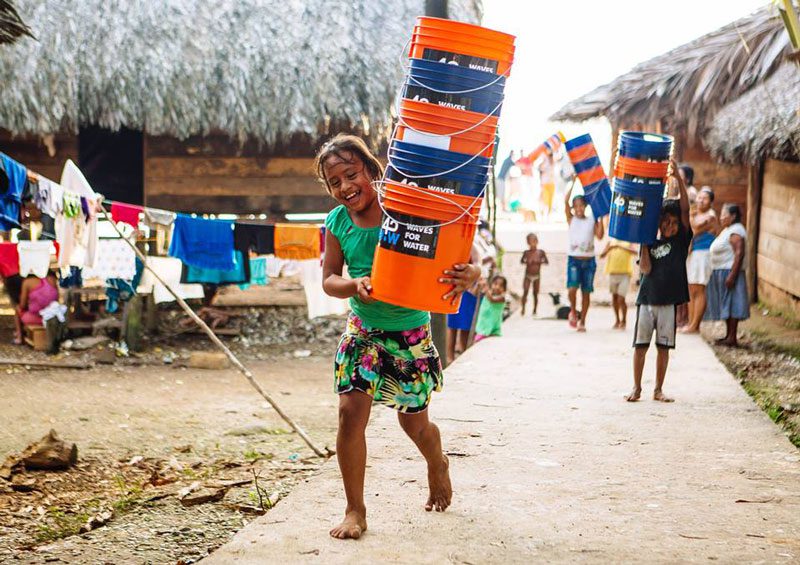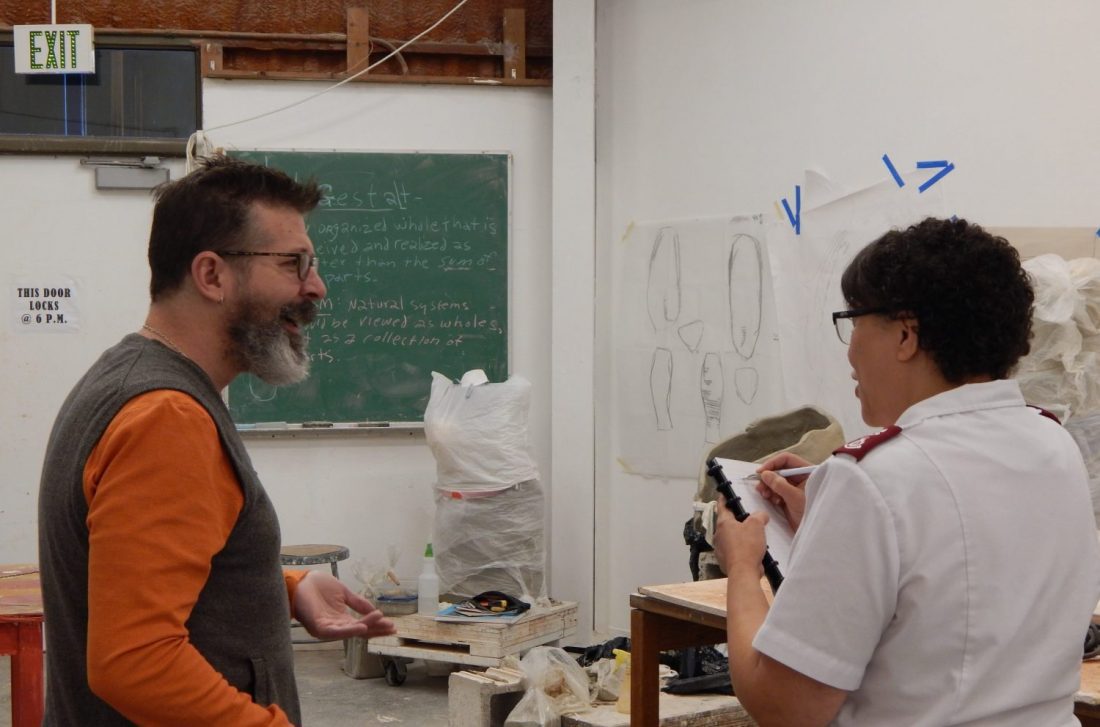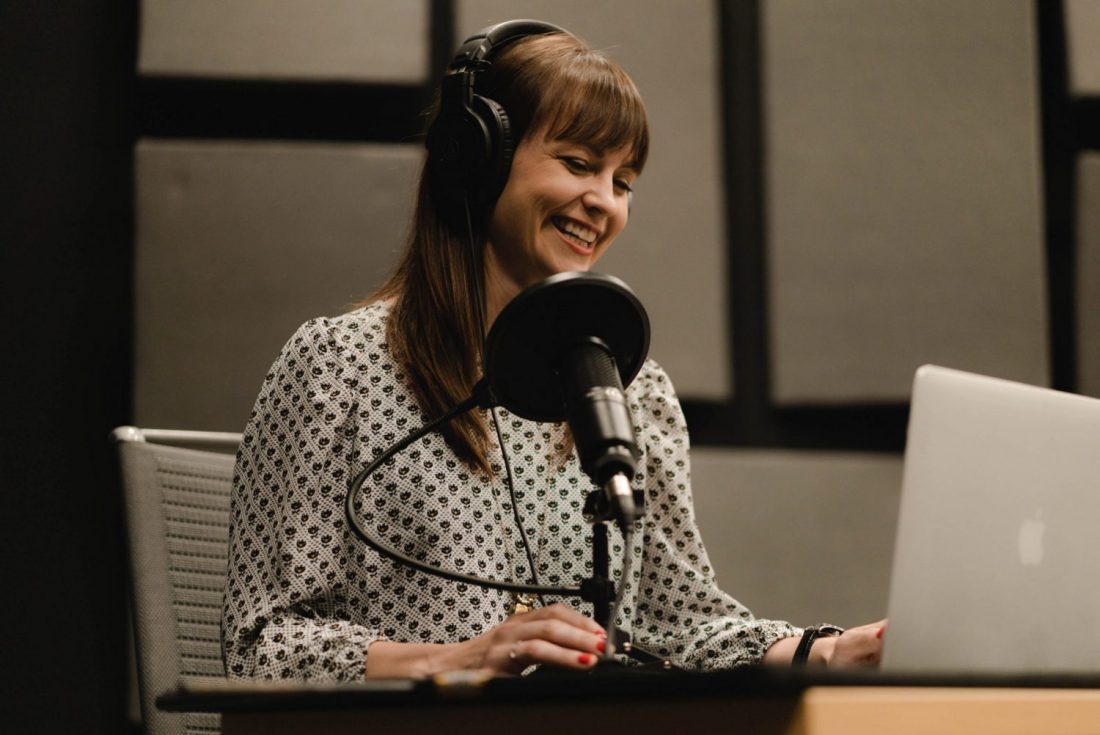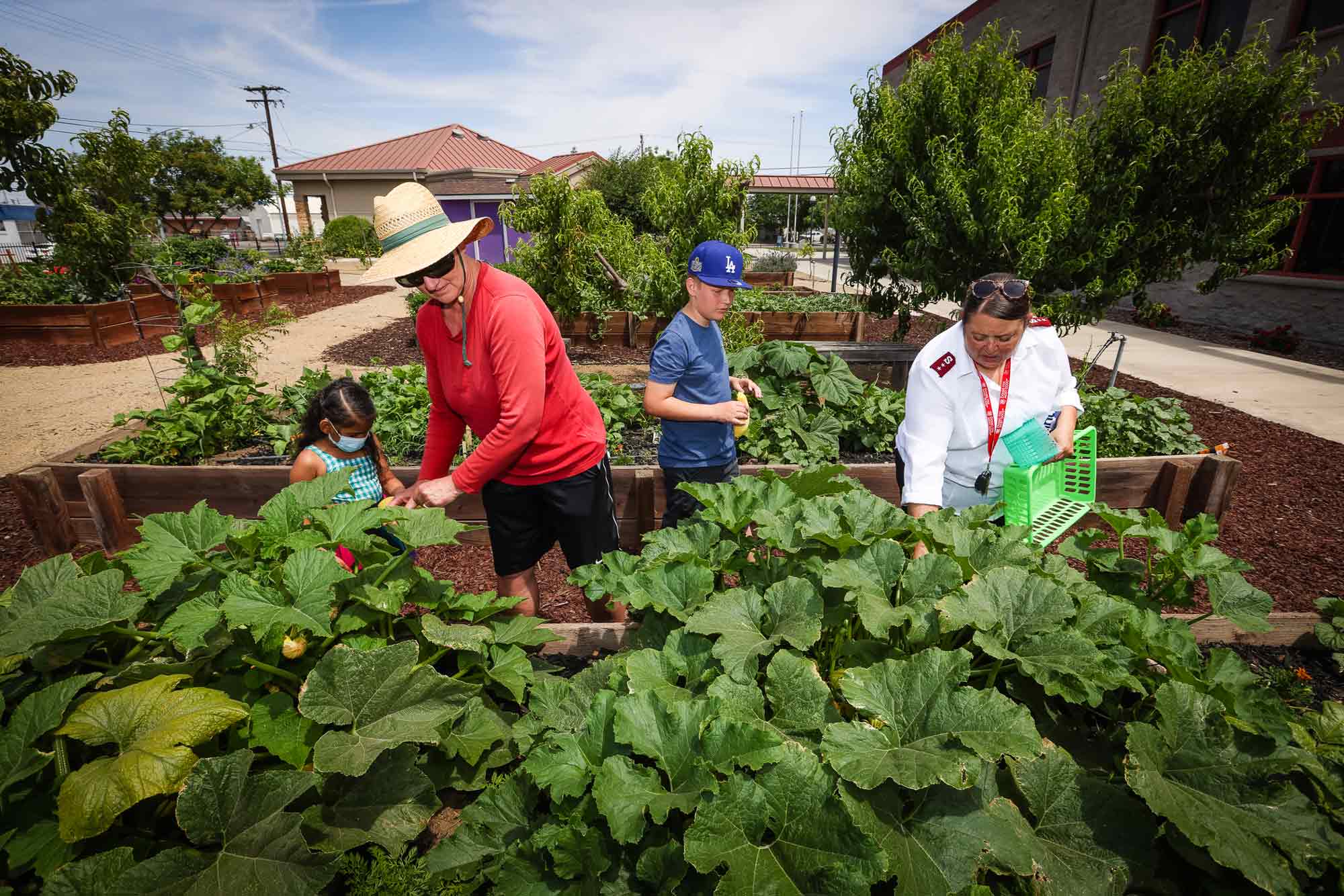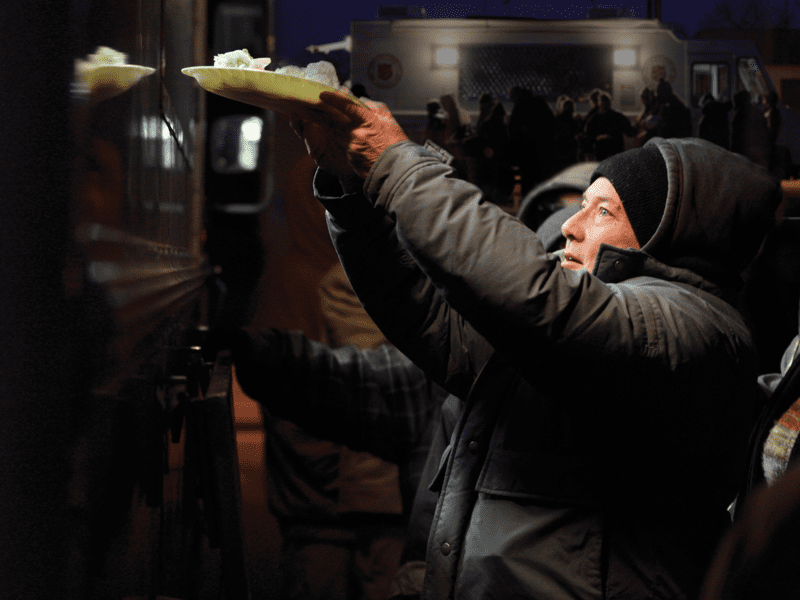Listen to this article
Listen to this article
Loading
Play
Pause
Options
0:00
-:--
1x
Playback Speed- 0.5
- 0.6
- 0.7
- 0.8
- 0.9
- 1
- 1.1
- 1.2
- 1.3
- 1.5
- 2
Audio Language
- English
- French
- German
- Italian
- Spanish
Open text
sustainable surfing. waves for water partners with surfers, teachers and government agencies to bring clean water to developing countries. professional surfer and waves for water founder jon rose | photos courtesy of waves for water pro surfer jon rose was in the water when the 7.6 magnitude earthquake struck indonesia in 2009. he had no idea what he’d find when he reached land. the quake leveled the city of padang, claiming more than 1,000 lives and leaving over 10,000 homeless. rose was in the area to deliver water filters in bali for what was meant to be his first waves for water (w4w) excursion. however, once he saw the dire circumstances in sumatra he made his way through the collapsing buildings in the early hours after the disaster to deliver water filters to rescue workers and wounded victims. “i don’t think you can go through that situation without it changing your life,” rose said. “it really catapulted me into what my life is today. i had this fast track of information and experience and i basically got slapped across the face by the universe saying, ‘hey you know what this is—this is your path, this is what you’re here to do.’ it felt that powerful.”. water is central to rose’s life. he grew up in picturesque laguna beach, calif., and started surfing at 10. by his teens he competed in amateur surfing events every weekend, and at 17 he turned pro and signed with quicksilver, traveling the world. “it was an amazing, amazing journey,” he said. “it was sort of my stepping stone to another world. i was able to experience things, develop myself, not only as an athlete, but just as an individual just learning through traveling and being exposed to so many things and at a very young age.”. photos courtesy of waves for water after 13 years exploring new cultures and feeling the water glide under his surfboard, rose decided to pivot. “i had sort of hung up the towel in terms of my pro surfing career mainly just because you get to the point where the kids are better than you,” rose said. “you realize that you’re maybe still in your prime, but they’re just better. i was always a realist with all of that and never wanted to be someone that was milking it, so i left that and was figuring out what the next chapter of my life was going to be.”. rose’s father, jack, had started the nonprofit rain catcher years earlier with mark armfield in 2004, which helps to educate villages in africa on how to catch and filter rainwater. rose said he wanted to build upon this idea. w4w aims to take existing forms of portable water filters to countries in need of them. depending on the essentials of the region, the options range from ceramic filters that can be transported by one person, to larger filters that can provide clean water to an entire village. the organization also teamed up with the surf company hurley international to develop a volunteer program where surfers searching for waves in developing countries can carry filters with them in their luggage. while in a community or village, they can create these types of filtration systems that require just a paint bucket, a knife to make a hole, spigots and ceramic drip filters—all for $50. how the filter works “it’s really brilliant and really easy to use,” rose said. “there’s no moving parts, there’s no batteries, it lasts for a million gallons, which is an insanely large amount of water for $50. they’re easy to use and easy to maintain. the beauty of what we do is that we don’t have to use any one thing, we can look at all of the things that are available and determine this is the best solution for this specific problem.”. rose also works with larger nonprofits and government agencies to provide large-scale solutions to areas in need. recently w4w set up large filters in haiti, which have helped to combat the cholera outbreak caused by contaminated water that has killed thousands of people and caused many more to be sick, according to the u.n. w4w goes to areas in critical need, but doesn’t just drop things off, rose explained—it’s a comprehensive program. they work with a team to build a network with volunteers and leaders in the area. he said they build the framework so locals can help locals. jon rose helps implement a water filter system. | photos courtesy of waves for water “my ideal view of international development for empowerment would be being able to take somebody that you’ve rehabilitated in an area and then once they’re strong, taking that knowledge and expertise and paying it forward to another country or another area of need nearby,” rose said. “in my eyes that’s true sustainable development work. that’s basically crossing borders, crossing religious political divide and people helping people at the most fundamental level and that’s happening with us.”. to do this, rose recruits key players in communities—teachers, medical clinic directors, innovators—who have been helping their region for a long time. they are vetted and trained, and become program directors in different part of the world who understand their own communities’ needs better than anyone. although the nonprofit was originally developed in the surf community, anyone can help in a similar way. volunteers have successfully set up various types of filtrations systems in haiti, indonesia, bali, pakistan, samoa and chile. “i want to make a big dent,” rose said. “i want to change the statistics out there. we could literally say access to clean water is not a problem anymore in this world in our lifetime. that’s very doable. if that’s the end result and i get to close down the organization, then that would be great.”. however, rose is adamant that he’s not trying to guilt anyone into volunteering. he said he doesn’t like that tactic and admits that giving back did not always come naturally to him. “i don’t think i was really a ‘do gooder,’” rose said. “i think i was consciously minded. i’m a compassionate person. i think i’ve always been that way, but i was pretty focused on myself. i think as a pro athlete you really are and then also specifically surfing because you’re not on a team sport and everything is you. “so i’m not going to sit here and lie and say i was always trying to go find ways to help people because i wasn’t,” he said. “when i had that experience in indonesia that changed everything. it was divine intervention. i definitely started it because i put the intent out there, but i don’t know how serious i was to be honest. i thought it would be a fun little thing to do, but i didn’t think it was going to be my life’s work. it evolved once i had that experience—my life before and after that.”.
Open context player
Close context player
Plays:-Audio plays count
sustainable surfing. waves for water partners with surfers, teachers and government agencies to bring clean water to developing countries. professional surfer and waves for water founder jon rose | photos courtesy of waves for water pro surfer jon rose was in the water when the 7.6 magnitude earthquake struck indonesia in 2009. he had no idea what he’d find when he reached land. the quake leveled the city of padang, claiming more than 1,000 lives and leaving over 10,000 homeless. rose was in the area to deliver water filters in bali for what was meant to be his first waves for water (w4w) excursion. however, once he saw the dire circumstances in sumatra he made his way through the collapsing buildings in the early hours after the disaster to deliver water filters to rescue workers and wounded victims. “i don’t think you can go through that situation without it changing your life,” rose said. “it really catapulted me into what my life is today. i had this fast track of information and experience and i basically got slapped across the face by the universe saying, ‘hey you know what this is—this is your path, this is what you’re here to do.’ it felt that powerful.”. water is central to rose’s life. he grew up in picturesque laguna beach, calif., and started surfing at 10. by his teens he competed in amateur surfing events every weekend, and at 17 he turned pro and signed with quicksilver, traveling the world. “it was an amazing, amazing journey,” he said. “it was sort of my stepping stone to another world. i was able to experience things, develop myself, not only as an athlete, but just as an individual just learning through traveling and being exposed to so many things and at a very young age.”. photos courtesy of waves for water after 13 years exploring new cultures and feeling the water glide under his surfboard, rose decided to pivot. “i had sort of hung up the towel in terms of my pro surfing career mainly just because you get to the point where the kids are better than you,” rose said. “you realize that you’re maybe still in your prime, but they’re just better. i was always a realist with all of that and never wanted to be someone that was milking it, so i left that and was figuring out what the next chapter of my life was going to be.”. rose’s father, jack, had started the nonprofit rain catcher years earlier with mark armfield in 2004, which helps to educate villages in africa on how to catch and filter rainwater. rose said he wanted to build upon this idea. w4w aims to take existing forms of portable water filters to countries in need of them. depending on the essentials of the region, the options range from ceramic filters that can be transported by one person, to larger filters that can provide clean water to an entire village. the organization also teamed up with the surf company hurley international to develop a volunteer program where surfers searching for waves in developing countries can carry filters with them in their luggage. while in a community or village, they can create these types of filtration systems that require just a paint bucket, a knife to make a hole, spigots and ceramic drip filters—all for $50. how the filter works “it’s really brilliant and really easy to use,” rose said. “there’s no moving parts, there’s no batteries, it lasts for a million gallons, which is an insanely large amount of water for $50. they’re easy to use and easy to maintain. the beauty of what we do is that we don’t have to use any one thing, we can look at all of the things that are available and determine this is the best solution for this specific problem.”. rose also works with larger nonprofits and government agencies to provide large-scale solutions to areas in need. recently w4w set up large filters in haiti, which have helped to combat the cholera outbreak caused by contaminated water that has killed thousands of people and caused many more to be sick, according to the u.n. w4w goes to areas in critical need, but doesn’t just drop things off, rose explained—it’s a comprehensive program. they work with a team to build a network with volunteers and leaders in the area. he said they build the framework so locals can help locals. jon rose helps implement a water filter system. | photos courtesy of waves for water “my ideal view of international development for empowerment would be being able to take somebody that you’ve rehabilitated in an area and then once they’re strong, taking that knowledge and expertise and paying it forward to another country or another area of need nearby,” rose said. “in my eyes that’s true sustainable development work. that’s basically crossing borders, crossing religious political divide and people helping people at the most fundamental level and that’s happening with us.”. to do this, rose recruits key players in communities—teachers, medical clinic directors, innovators—who have been helping their region for a long time. they are vetted and trained, and become program directors in different part of the world who understand their own communities’ needs better than anyone. although the nonprofit was originally developed in the surf community, anyone can help in a similar way. volunteers have successfully set up various types of filtrations systems in haiti, indonesia, bali, pakistan, samoa and chile. “i want to make a big dent,” rose said. “i want to change the statistics out there. we could literally say access to clean water is not a problem anymore in this world in our lifetime. that’s very doable. if that’s the end result and i get to close down the organization, then that would be great.”. however, rose is adamant that he’s not trying to guilt anyone into volunteering. he said he doesn’t like that tactic and admits that giving back did not always come naturally to him. “i don’t think i was really a ‘do gooder,’” rose said. “i think i was consciously minded. i’m a compassionate person. i think i’ve always been that way, but i was pretty focused on myself. i think as a pro athlete you really are and then also specifically surfing because you’re not on a team sport and everything is you. “so i’m not going to sit here and lie and say i was always trying to go find ways to help people because i wasn’t,” he said. “when i had that experience in indonesia that changed everything. it was divine intervention. i definitely started it because i put the intent out there, but i don’t know how serious i was to be honest. i thought it would be a fun little thing to do, but i didn’t think it was going to be my life’s work. it evolved once i had that experience—my life before and after that.”.
Listen to this article











